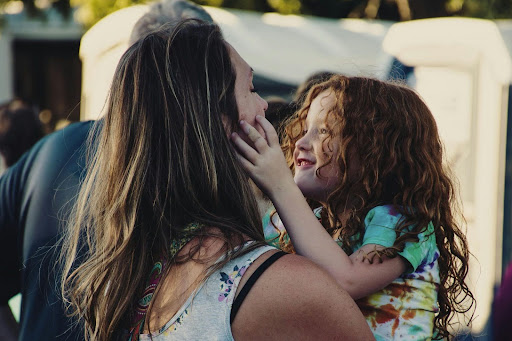Proper hygiene is the basis of being healthy. Your children should acquire personal hygiene routines from a very young age, and stick to that routine. For that to occur, you as their parents or guardians, have to set a positive example. If you have good hygiene, it is likely that your child will, too. However, if you never acquired proper hygiene routine, let this be a learning experience for you as well. Sit your child down to explain why this is important and why they should do it.
Washing their hands
Hands are the most exposed part of their body, and they can collect the most dirt, germs and bacteria. These germs can spread to food, drinks, or even other people, and it is extremely important to teach your children that they should wash their hands regularly. Also – after sneezing and coughing, after touching garbage, sand, dirt, or stray dogs, and after touching a sick person. Try to teach them to cover their mouths when sneezing and coughing, not to spread their germs, and teach them that it is okay to remind other children to do the same. However, be careful not to scare them with all the germ talk. Ease into it and explain that nothing seriously bad can happen to them, if they are being careful.
Washing their face
One of the often overseen hygiene routine is washing the face – in the morning after waking up, and before going to bed. Washing your face after you get up will get rid of the sweat that you have accumulated over night, as well as all the eye gound, that, if left in the eye, can cause inflammation. Washing your face before going to bed is important to wash off all the dust, dirt and germs collected throughout the day. That way, we can go to bed with clean face, and as a result, the pillow case will be clean for a longer time. Having said that, changing your children’s sheets every 7 to 10 days is also a good hygiene routine. Get them to help you, and indirectly teach them when and how this should be done. Plus, they get to feel important, having helped you with chores. Don’t forget to treat them!
Brushing their teeth
Even more important than washing hands is brushing teeth. Our mouths have natural occurring bacteria that are good for our health, but we can also develop some bad bacteria that can cause cavities, bad breath and gum disease issues. To prevent that, and your child’s future fear of the dentists, teach them the proper mouth hygiene. Explain why it is important to brush teeth before breakfast and before going to bed. Teach them how to properly use the tooth brush. You can even make it a fun activity before going to bed – play the teeth brushing songs, brush your teeth also, time them and supervise them until they are fully ready to do it on their own.
Nevertheless, having dental problems is perfectly normal. They may get a cavity, or their baby teeth won’t fall out, and you’ll have to go see the dentist. If you are afraid of the dentist, try not to show it, because your child will sense it and project the fear themselves. Explain how this is perfectly fine, and won’t hurt them. The best dentists like the pediatric dentist in Roseville, VA are those who don’t invoke fear in you or your child, and those who offer affordable dental care, of course.
Having regular baths
Having regular baths is also a must for children all ages. Children are very active throughout the entire day, and they get sweaty. Not to mention that they play in the sand, climb trees and run, and they fall, getting dirty. That’s why it is important to bathe every day. Teach them to wash their private parts and underarms, as well as their feet and neck. If your child does not like bathing, again, make a fun experience with some bathtub toys, bubble baths, shampoos in the bottles of their favourite characters, and generally make them feel good about doing something that is healthy. If they get that feeling from a young age, they will continue behaving like that throughout their entire teen years and later adulthood. Plus, it is easier to teach a child proper hygiene, than an adult.
Conclusion
Personal hygiene will not only benefit your child’s health, but their social life as well. Other children are less likely to make friends with a slimy, smelly child, than with a clean and healthy one. So, consider that the next time your child fights you over washing their hands or brushing teeth, and then use it as a reason to make them do as you say.



